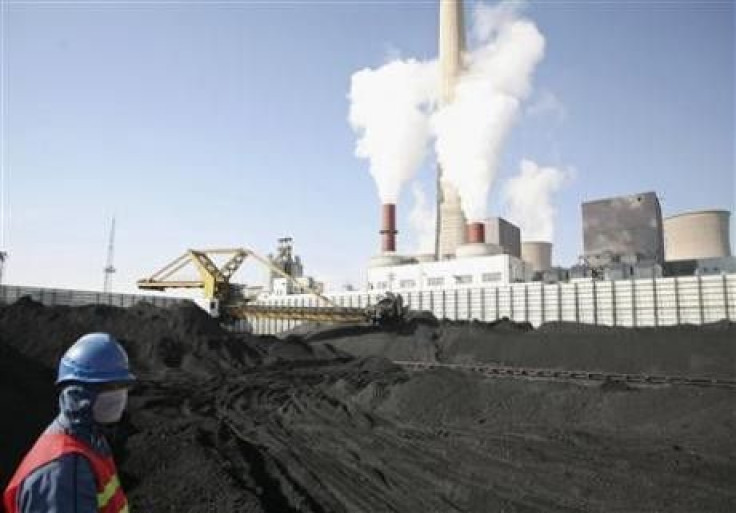China vows effective action on climate change ahead of Cancun

China reiterated its stance on climate change ahead of UN climate summit in Cancun next week, promising effective measures to reduce greenhouse gas emissions over the next five years.
China’s promise came in its Annual Report on Policies and Actions to Address Climate Change published by the National Development and Reform Commission (NDRC) on Tuesday.
Last year China vowed to cut carbon dioxide emissions per unit of gross domestic product by 40 to 45 percent by 2020 compared with 2005 levels. It also promised to increase the usage of non-fossil fuels to 15 percent of the total primary energy consumption by 2020.
China’s investment in energy-saving and emission-reduction projects stood at about 2 trillion yuan ($301 billion) during the 11th Five-Year (2005-2010) Plan period, NDRC said. The Chinese government’s investment alone was more than 200 billion yuan ($30.1 billion) in the same period.
The investments have led to a reduction of carbon dioxide emissions by about 1.5 billion tonnes during the period, said a China Daily report quoting Xie Zhenhua, deputy director, NDRC.
The size of the emission reduction is greater than any other country in the world, said Xie.
Recently, the head of the International Energy Agency (IEA) reiterated that China consumes more energy than any country in the world.
IEA said that China’s energy consumption surpassed the US by 0.4 percent at 2.252 billion tons of oil equivalent in 2009 whereas the US consumed 2.17 billion tons.
Consuming half of the total energy consumption of the US in 2000, China has now become the leading energy user globally, according to IEA.
As the leaders and representatives of about 180 UN member countries attend the Cancun Conference to be held from Nov. 29 to Dec. 10, a consensus is expected on climate change treaty which will be agreed upon at the next conference in South Africa.
However, developed and developing nations are at odds regarding climate change issues such as mitigation, technology transfer and financial support.
China opposes any draft that has not been fully discussed or recognized by member countries as the basis for negotiation at the upcoming Cancun Conference, said the report.
“The Cancun Conference should proceed with climate talks on the basis of consensus set by those documents,” Xie said. We should step forward rather than walk backward.
He also added that developed nations should take responsibility for their cumulative emissions and high per capita emissions.
The developed countries should take action first to mitigate climate change, he said.
Xie also expected tangible results on financial and technology transfer at the Cancun conference which will help developing countries to tackle climate change.
Carbon emissions from developing countries increased in 2009 while those from developed nations saw a decline, said a recent AFP report quoting a study by Nature Geoscience.
Emission from China, India, and South Korea increased by 8 percent, 6.2 percent and 1.4 percent respectively.
Emissions by the U.S., Japan, and the UK fell by 6.9 percent, 11.8 percent, and 8.6 percent respectively.
© Copyright IBTimes 2024. All rights reserved.











